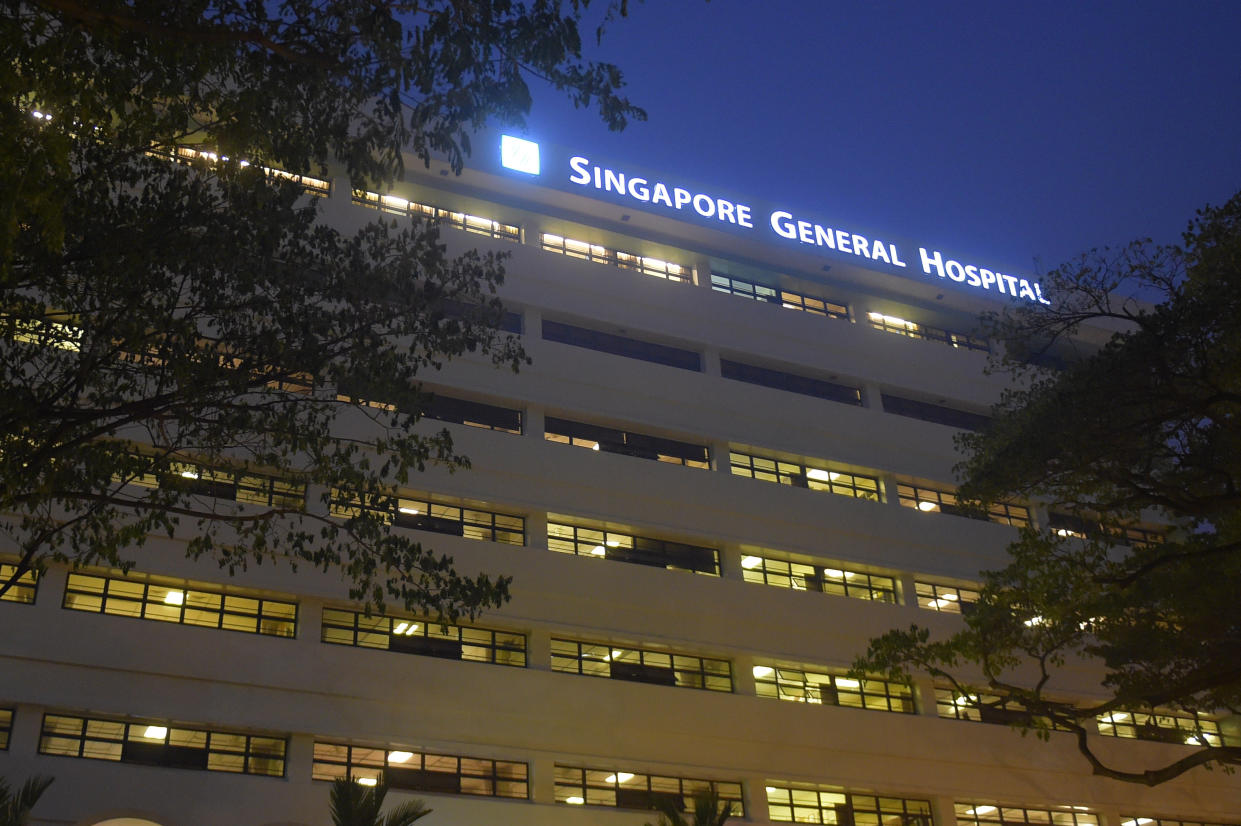COVID-19: MOH lists healthcare services that can resume on 2 June

SINGAPORE — More healthcare services will resume over the next few weeks as Singapore exits the COVID-19 circuit breaker period after 1 June.
In a media release on Friday (22 May), the Ministry of Health (MOH) said that services such as specialist outpatient services, chronic disease management, home-based visits and traditional Chinese medicine (TCM) needle acupuncture can be resumed on 2 June.
MOH emphasised that the services will resume in a gradual and controlled manner to minimise crowding. Also considered is the need to set aside sufficient capacity, critical resources and manpower in healthcare institutions to cover ongoing COVID-19 operations.
“Healthcare providers will triage and prioritise the resumption of healthcare services based on medical necessity, where patients with more urgent medical needs will be attended to first,” the ministry said in the media release.
“Services for patients who are well, or whose conditions are stable and whose treatment can continue to be safely deferred will resume in a later phase.
“Similarly, services which alter the appearance but do not cure or ameliorate disease or illness (e.g. Botox, fillers, threadlifts) will continue to be deferred.”
Services to be resumed in Phase 1
Patients may expect the following services to resume in Phase 1 of the post-circuit breaker period from 2 June:
Hospital-based care: Only specialist outpatient services, medical procedures and allied health services for patients with higher needs will resume. These include care that has been deferred for some months and cannot be delayed further without affecting clinical outcome. Examples include surgeries for visually significant or advanced cataracts, hearing implants in children, joint surgeries for patients with severe impairment, all in-vitro fertilisation services, surveillance services including scopes for high-risk groups, and diabetic foot screening. Each patient will be assessed based on his individual circumstance.
Primary, preventive and dental care: Chronic disease management, including the provision of ancillary services, will resume for patients, prioritised by medical necessity and available capacity. Preventive health services, such as vaccinations and pre-enlistment screening, will restart. Ongoing dental procedures including scaling and polishing, fillings, crowns, dentures and orthodontic treatment can resume, with appropriate precautions.
Community-based services: Home-based visits will resume for existing clients to serve those who need the services, with safe distancing measures in place. These include clients whose services have been deferred during the circuit breaker period. Services for new clients will be prioritised to those with urgent needs.
TCM and other traditional and complementary services: TCM needle acupuncture for all conditions will resume. Ayurvedic, chiropractic, osteopathic and other forms of traditional and complementary services for management of medical conditions and relief of symptoms may also resume, with appropriate precautions.
Physical visits should be minimised whenever possible, with tele-consultation and medication delivery being the preferred mode of review. These consultations, as well as collection of medications, should be done on an appointment basis as far as possible.
All staff at healthcare establishments will continue to practise precautions such as the wearing of masks, maintaining good personal hygiene and ensuring regular cleaning of activity equipment and shared spaces.
Patients and caregivers must wear a mask at all times and maintaining good personal hygiene when seeking treatment.
Visiting hospitalised patients during Phase 1
In Phase 1, visitors from the same or one other household are allowed to visit hospitalised patients. However, a maximum of five such visitors can pre-register with the hospital, and only one person will be allowed to visit at a time. Hospitals may also introduce further measures to space out visitations and avoid crowding.
MOH expects most healthcare services to resume in the early part of Phase 2, with services for medically necessary treatments prioritised.
Appointments for physical consultations would still be minimised unless clinically needed. These include recommended chronic disease and cancer screening under the Screen For Life programme, statutory medical examinations, pre-employment medical screening, and selected community-based services delivered on a one-to-one basis.
Group activities such as senior activities, community health screening and other forms of congregation will resume in later phases. MOH will also consider further easing the visitor restrictions, to allow more family members and friends to visit loved ones admitted to hospitals.
Stay in the know on-the-go: Join Yahoo Singapore's Telegram channel at http://t.me/YahooSingapore
More Singapore stories:
COVID-19: Two preschool staff among 614 new cases; total in Singapore now 30,426
No cases of COVID-linked syndrome among children in Singapore: health experts
WP ex-chief Low Thia Khiang discharged from hospital, undergoing rehabilitation
No COE bidding until motor dealerships, showrooms reopen: LTA



